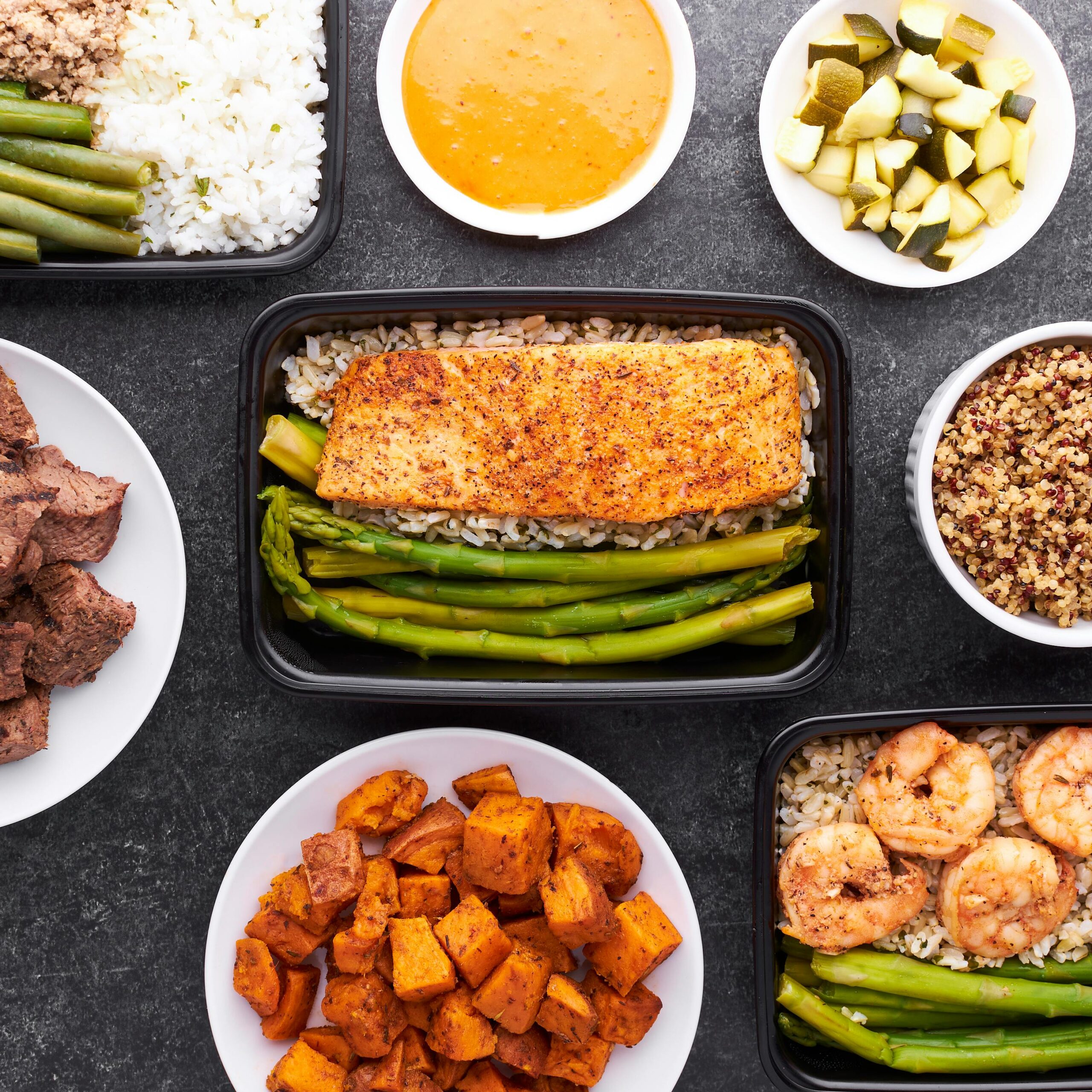Absolutely! Let’s craft a comprehensive and SEO-optimized article on “The Importance of Balanced Meals,” exceeding 1500 words and incorporating the provided internal links, as well as researched “People Also Ask” questions and answers.
In a world filled with fast food and quick fixes, the concept of balanced meals often takes a backseat. Yet, these meals are the cornerstone of a healthy lifestyle, providing the necessary nutrients to fuel our bodies and minds. Understanding the importance of balanced meals is essential for achieving optimal health, maintaining energy levels, and preventing chronic diseases.1 This article will delve into the intricacies of balanced meals, exploring their components, benefits, and practical tips for incorporating them into your daily life.
What Constitutes a Balanced Meal?
A balanced meal is a harmonious blend of macronutrients (proteins, carbohydrates, and fats) and micronutrients (vitamins and minerals). Each component plays a vital role in supporting various bodily functions.
- Proteins: Essential for building and repairing tissues, proteins are the building blocks of life.2 Lean sources like chicken (as seen in our High-Protein Chicken and Quinoa Bowl), fish (Baked Salmon with Asparagus), and legumes (as in our Vegetarian Chili) should be prioritized.
- Carbohydrates: The body’s primary energy source, carbohydrates should come from complex sources like whole grains (as in Whole Wheat Banana Walnut Pancakes), quinoa (Vibrant Healthy Quinoa Salad with Roasted Vegetables), and vegetables.
- Fats: Crucial for hormone production and nutrient absorption, healthy fats are found in avocados (Avocado Toast Breakfast), nuts, seeds, and olive oil.
- Vitamins and Minerals: These micronutrients support a range of functions, from immune health to bone strength.3 A colorful array of fruits and vegetables (as in our Green Smoothie with Spinach Banana and Mango and Greek Salad with Feta and Olives A Mediterranean Delight) ensures adequate intake.
The Profound Benefits of Balanced Meals
- Sustained Energy: Balanced meals provide a steady release of energy, preventing energy crashes and promoting sustained focus.4
- Weight Management: By controlling portion sizes and incorporating nutrient-dense foods, balanced meals support healthy weight management.5
- Improved Digestion: Fiber-rich foods promote healthy digestion and prevent constipation.6
- Enhanced Mood: Nutrients play a vital role in brain function and mood regulation.7
- Disease Prevention: Balanced meals reduce the risk of chronic diseases like heart disease, diabetes, and certain cancers.8
- Muscle Growth and Repair: Adequate protein intake supports muscle growth and repair, especially important for active individuals.9
- Better Sleep: Proper nutrition can improve sleep quality.

Practical Tips for Creating Balanced Meals
- Plan Ahead: Meal planning saves time and ensures you have healthy options readily available.11 Consider prepping meals like our Overnight Oats with Berries and Chia Seeds Your Key to a Healthy Morning.
- Control Portions: Use smaller plates and measure portions to avoid overeating.
- Prioritize Whole Foods: Focus on whole, unprocessed foods like fruits, vegetables, whole grains, and lean proteins.12
- Hydrate: Drink plenty of water throughout the day.
- Limit Processed Foods: Minimize intake of processed foods, sugary drinks, and unhealthy fats.
- Read Food Labels: Pay attention to nutrition labels and choose foods with minimal added sugars and unhealthy fats.
- Variety is Key: Incorporate a wide range of foods to ensure you’re getting all the necessary nutrients.
- Don’t Skip Meals: Skipping meals can lead to overeating later in the day.13
- Incorporate Healthy Snacks: Choose snacks like fruits, nuts, or yogurt to maintain energy levels between meals. Try our Hummus Vegetable Platter for a healthy snack option.
- Consider Dietary Restrictions: If you have dietary restrictions, find substitutions that still provide a balanced meal. For example, if you are vegan, you can try our Ultimate Vegan Chili Hearty Flavorful Protein Packed Comfort Food. If you are on a keto diet, try our Keto Chicken Low Carb.
Integrating Balanced Meals into Your Lifestyle
Making balanced meals a habit requires consistency and mindful choices. Start by making small changes, like adding a side of vegetables to your meals or choosing whole grains over refined grains. Over time, these small changes will lead to significant improvements in your overall health.
FAQ
- “What is a balanced meal?”
- A balanced meal includes a mix of macronutrients (proteins, carbohydrates, fats) and micronutrients (vitamins, minerals) in appropriate proportions to support overall health.
- “Why are balanced meals important?”
- Balanced meals provide sustained energy, support weight management, improve digestion, enhance mood, and reduce the risk of chronic diseases.
- “How do you make a balanced meal?”
- Include lean proteins, complex carbohydrates, healthy fats, and a variety of fruits and vegetables.14 Control portions and prioritize whole, unprocessed foods.
- “What are the benefits of eating balanced meals?”
- Benefits include sustained energy, weight management, improved digestion, enhanced mood, disease prevention, muscle growth, and better sleep.
- “How often should you eat balanced meals?”
- Aim for three balanced meals per day, along with healthy snacks as needed, to maintain consistent energy levels and nutrient intake.
- “What are some examples of balanced meals?”
- Examples include:
- Grilled chicken with quinoa and steamed broccoli.
- Salmon with roasted sweet potatoes and asparagus.
- Lentil soup with a whole-grain roll.
- A bowl with lean chicken, quinoa, and varied vegetables.
- Examples include:
- “How do balanced meals help with weight loss?”
- Balanced meals help with weight loss by providing satiety, controlling calorie intake, and promoting healthy metabolism.
The importance of balanced meals cannot be overstated. By incorporating these principles into your daily life, you can unlock a wealth of health benefits and pave the way for a vibrant, energetic future.
Start making small changes today to create balanced meals. Share your favorite balanced meal ideas in the comments below!

